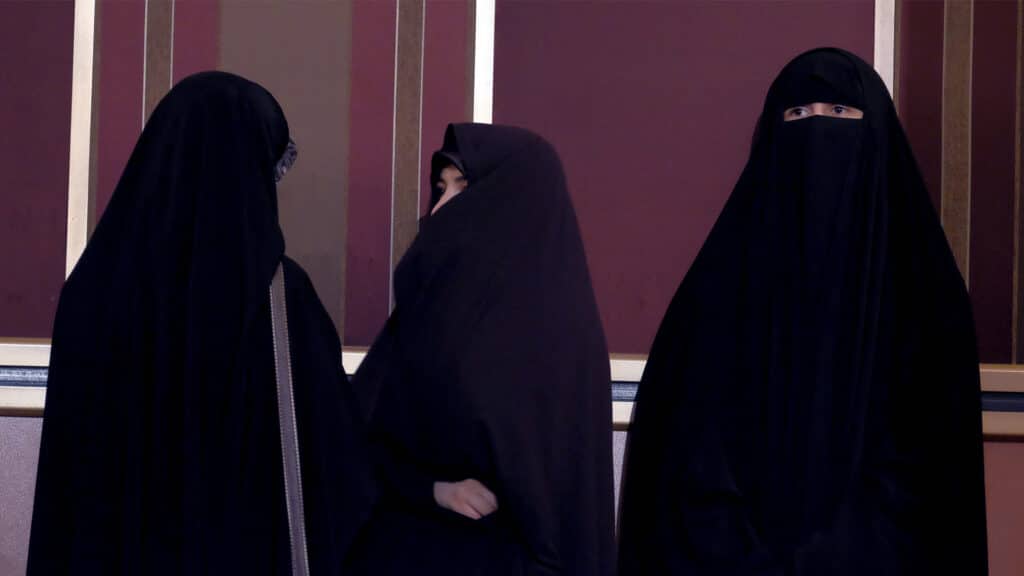
Wearing niqabs (face veils worn by some Muslim women), burqas (veils that cover the entire face and body) and other garments that conceal the face may soon be prohibited in Kazakhstan. On June 10, the upper house of parliament, the Senate, reviewed amendments to legislation aimed at preventing legal violations.
The amendments, however, include exemptions. The prohibition will not apply in cases where face-concealing clothing is worn in compliance with the law, such as for medical reasons, civil protection, specific weather conditions or during participation in mass, sporting or cultural events.
Notably, President Kassym-Jomart Tokayev has expressed support for traditional clothing that reflects national identity, as opposed to garments that conceal the face.
In 2023, Uzbekistan banned wearing burqas in public, with the country’s Ministry of Justice citing public order as the reason for the move. That same year, a Kyrgyz MP proposed introducing a similar measure, following Uzbekistan’s example. Throughout 2024, Kyrgyz MPs and activists held discussions on whether people wearing face-concealing garments should be fined. This led to the adoption of a relevant law in January 2025, followed by a series of enforcement raids to ensure compliance.

